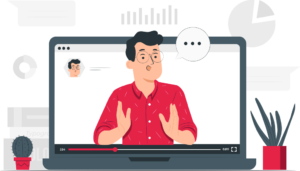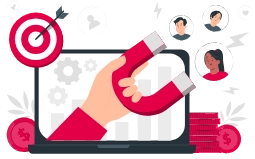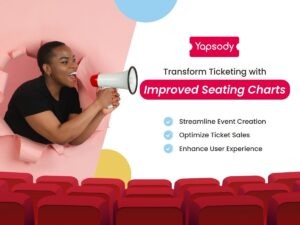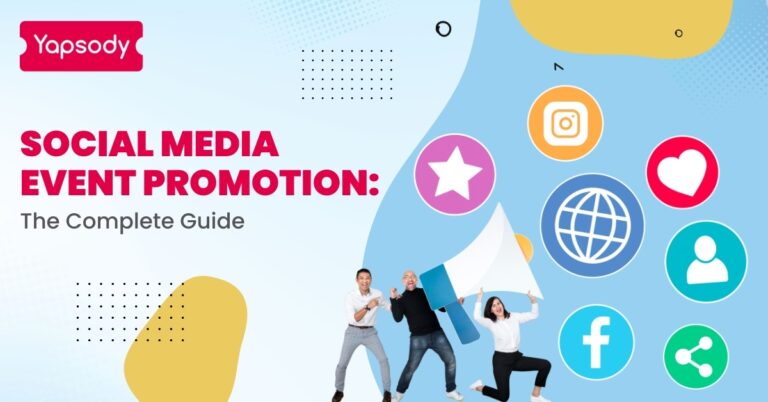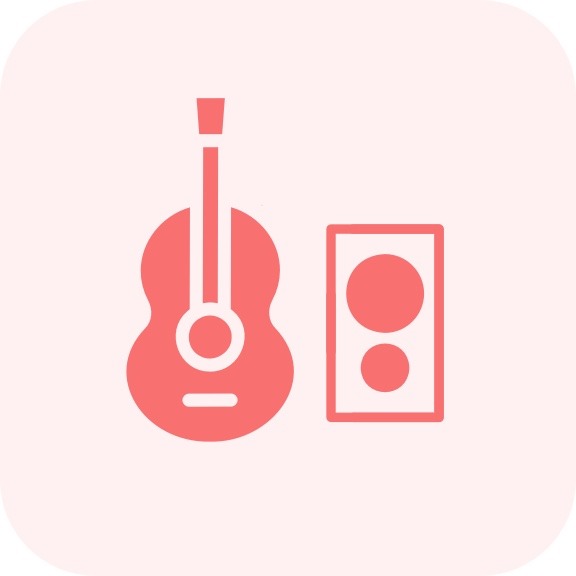In the age of social media, Facebook stands out as a powerful platform for event promotion and ticket sales. With its vast user base and diverse features, it provides an excellent opportunity for event organizers to reach a broad audience and boost ticket sales. Here’s the ultimate guide on how to sell tickets on Facebook effectively.
How to sell tickets on Facebook?
1. Create a Facebook Event Page
Step-by-Step Process:
Log into Your Facebook Account: Navigate to the “Events” section on the left-hand side of your homepage.
Create an Event: Click on the “Create Event” button and choose between creating a public or private event.
Fill in Event Details: Include a compelling event name, location, date, time, and detailed description. Use high-quality images and videos to make the event page visually appealing.
Add Ticket Information: Provide a link to the ticketing platform where attendees can purchase tickets. Platforms like Yapsody offer seamless integration with Facebook events.
Best Practices:
Compelling Description: Highlight the unique aspects of your event and what attendees can expect.
High-Quality Visuals: Use attractive images and promotional videos to grab attention.
Clear Call to Action: Make sure the ticket purchase link is easy to find and use.
2. Utilize Facebook Ads
Targeted Advertising:
Create a Campaign: Go to the Facebook Ads Manager and create a new campaign.
Define Objectives: Choose objectives such as “Engagement” or “Conversions” to drive ticket sales.
Target Audience: Use Facebook’s detailed targeting options to reach your ideal audience. You can target based on demographics, interests, behavior, and even retarget people who have interacted with your event page.
Ad Creatives: Use engaging visuals and compelling copy to create your ad. Include a strong call to action, such as “Buy Tickets Now.”
Best Practices:
A/B Testing: Test different ad creatives and targeting options to see what works best.
Retargeting: Use retargeting ads to reach people who have shown interest in your event but haven’t purchased tickets yet.
3. Leverage Facebook Groups
Join and Engage:
Find Relevant Groups: Search for Facebook groups related to your event’s theme or target audience.
Join and Participate: Engage with group members by contributing valuable content and information.
Promote Your Event: Share your event link and details in these groups, ensuring you follow group rules and provide value.
Best Practices:
Engagement: Be an active member of the group, not just a promoter. Engage in discussions and provide helpful information.
Value Addition: When promoting your event, highlight how it benefits group members and why it’s worth attending.
4. Use Facebook Live and Stories
Interactive Content:
Facebook Live: Host live sessions to create buzz around your event. Share behind-the-scenes content, interviews with performers or speakers, and live Q&A sessions.
Facebook Stories: Use stories to share updates, countdowns, and teasers about your event. Stories appear at the top of users’ feeds, increasing visibility.
Best Practices:
Consistency: Post regularly to keep your audience engaged and excited.
Interactive Elements: Use polls, questions, and countdowns to engage your audience.
5. Collaborate with Influencers and Partners
Strategic Partnerships:
Identify Influencers: Find influencers who align with your event’s theme and have a substantial following.
Collaborate: Partner with them to promote your event. They can share your event on their profiles, host giveaways, and create content around your event.
Leverage Partners: Collaborate with businesses or organizations related to your event. They can help promote your event to their audience.
Best Practices:
Mutual Benefit: Ensure the collaboration is beneficial for both parties.
Clear Agreements: Define clear terms and expectations for the collaboration.
6. Engage with Your Audience
Community Building:
Respond to Comments: Engage with people who comment on your event page or ads. Answer their questions and thank them for their interest.
Create a Community: Encourage attendees to share their excitement and experiences on your event page. Use a unique hashtag for your event to build a sense of community.
Best Practices:
Prompt Responses: Respond to queries and comments promptly to keep potential attendees engaged.
User-Generated Content: Encourage attendees to share their own content related to the event.
Conclusion
Selling tickets on Facebook requires a strategic approach that leverages the platform’s unique features. By creating an engaging event page, utilizing targeted ads, leveraging groups and stories, collaborating with influencers, and engaging with your audience, you can significantly boost your ticket sales and ensure your event’s success.
Start implementing these strategies today and watch your ticket sales soar!
Frequently asked questions
1. What are the first steps to selling tickets on Facebook?
Start by creating a Facebook event page with detailed information about your event, including a compelling description, high-quality images, and a clear call to action with a link to purchase tickets.
2. How can I effectively use Facebook Ads to boost ticket sales?
Use Facebook Ads Manager to create targeted ad campaigns. Define your objectives, select your target audience based on demographics and interests, and use engaging visuals and copy with a strong call to action to drive ticket sales.
3. What strategies can I use to promote my event in Facebook Groups?
Join relevant Facebook Groups, participate actively by contributing valuable content, and share your event details in a way that adds value to group members while adhering to group rules.
4. How can Facebook Live and Stories enhance my event promotion?
Utilize Facebook Live to host interactive sessions, share behind-the-scenes content, and engage with your audience in real-time. Use Facebook Stories to post regular updates, countdowns, and teasers to keep your audience excited and informed.
5. What are the benefits of collaborating with influencers and partners for event promotion?
Influencers can help expand your event’s reach to a broader audience and lend credibility to your promotion. Collaborating with partners or businesses related to your event can also enhance visibility and attract more attendees through mutual promotion efforts.

